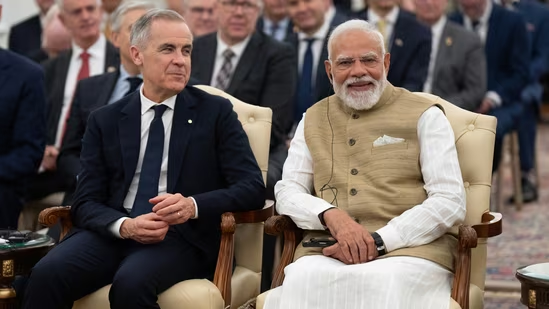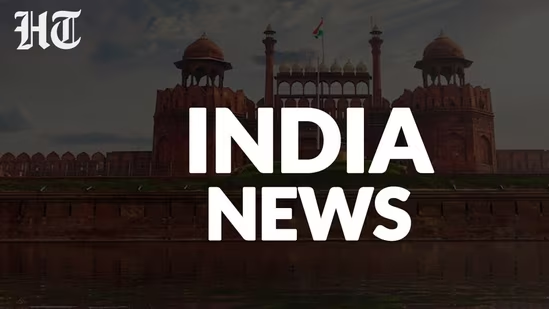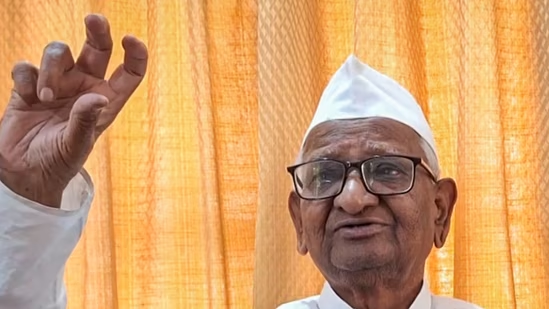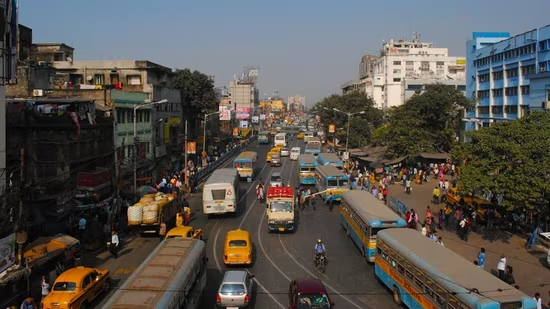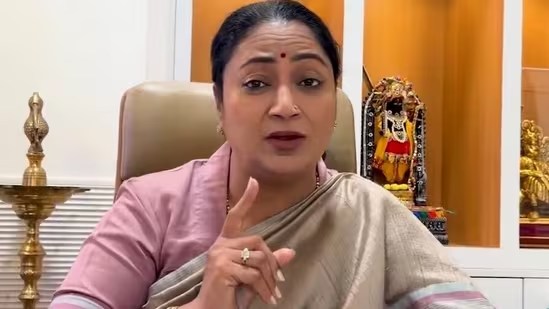In a twist of fate, Bangladesh’s government has turned to Nobel laureate Muhammad Yunus—a symbol of civil society—to restore order in a nation plagued by turmoil. This decision highlights a critical message for other nations: when a government loses credibility, the path to restoring legitimacy often lies within civil society.
The Role of Civil Society in Times of Crisis
The reliance on Yunus underscores a broader lesson about the relationship between state institutions and civil society during crises. When government institutions falter, they often turn to respected figures within civil society to regain public trust and stability. The situation in Bangladesh offers a vivid illustration of this dynamic, providing valuable lessons for other countries facing similar challenges.
Intelligence Failures and Political Missteps
As the crisis in Bangladesh unfolds, questions arise about the role of intelligence and political judgment in neighboring India. The abrupt end of Sheikh Hasina’s increasingly authoritarian rule and her escape from Dhaka have sparked debates about India’s diplomatic decisions. Just months ago, the Indian government extended a state visit invitation to Hasina, despite growing concerns about her leadership.
This raises critical questions: Was the invitation a result of sound judgment or an intelligence failure? Was there a political miscalculation in assessing Bangladesh’s internal situation? As the crisis deepens, these questions demand answers, especially from the Indian government.
Media’s Role: Reporting Failures and Coverage Gaps
Beyond intelligence and political judgment, the role of Indian media in this crisis cannot be overlooked. While it’s easy to critique state agencies for intelligence lapses, the media’s failure to report on the growing crisis in Bangladesh is equally concerning. The lack of in-depth reporting from Indian media highlights a broader failure—a failure of intellectual rigor and journalistic responsibility.
Indian media’s sparse coverage of events in neighboring countries often relies on foreign sources, leaving a professional void filled by retired diplomats and intelligence officers. This reliance underscores the absence of active, in-country expertise within the media, which is crucial for timely and accurate reporting.
Proactive Journalism’s Importance
The core issue for Indian media is not just crisis coverage but the ability to report on the everyday lives and aspirations of people in neighboring countries. Regular reporting on political and social developments is essential for informing both the public and the government. Proactive journalism can bridge gaps in intelligence, providing context and analysis crucial for understanding and responding to regional developments.
Foreign correspondents historically serve as a country’s eyes and ears, writing the first draft of history. From John Reed’s dispatches on Lenin in 1917 to Edgar Snow’s reports on Mao Zedong, such journalism has shaped global understanding of pivotal moments. The recent lack of on-the-ground reporting in regions like Bangladesh has diminished the media’s role in preparing a nation’s intelligentsia and government for emerging challenges.
Broader Critique: Intellectual and Policy Failures
The crisis in Bangladesh, alongside developments like the South Asian University’s challenges and Yunus’s call to revive SAARC, highlights a broader failure of the Indian elite to engage effectively with its neighborhood. India’s ‘Neighbourhood First Policy’ seems at odds with the reality of its intellectual and media engagement, which often resembles a ‘Neighbourhood Last Policy.’
Blaming intelligence failures alone is insufficient. The lack of proactive intellectual and media engagement with the region represents a significant shortcoming. To navigate complex regional relationships effectively, India must prioritize deeper understanding through robust journalism and intellectual inquiry.
Conclusion: Lessons from the Bangladesh Crisis
The crisis in Bangladesh offers critical lessons for both the Indian government and its media. The reliance on civil society in times of political turmoil underscores the importance of maintaining the legitimacy of state institutions. Additionally, the situation highlights the need for better intelligence and nuanced political judgment in diplomatic engagements.
Indian media must also recognize its role in shaping public understanding of regional developments. Failure to report on crucial issues in neighboring countries not only leaves the public uninformed but also hampers the government’s ability to respond effectively to crises.
Ultimately, the events in Bangladesh serve as a stark reminder that a nation’s security and stability are deeply connected to its understanding of the world beyond its borders. Whether through civil society, government intelligence, or media, this understanding must be cultivated and maintained to navigate the challenges of an increasingly interconnected world.






